In this article, we will focus on introducing various important ports of Indonesia, revealing their crucial role in the national economy.
Let's explore how freight forwarders are interconnected with ports, providing robust support for the trade network. For Indonesian importers, China is a very convenient country. It is not far away, and there are close ethnic and cultural ties between the two countries. Indonesia has a strategic port network is essential in the global trade landscape
Ports of Indonesia
These ports play vital roles in the economy of Indonesia, each handling different types of cargo transport tasks and contributing to regional economic development.
How to choose between FCL and LCL
Here are the differences and some guidance on choosing between them:
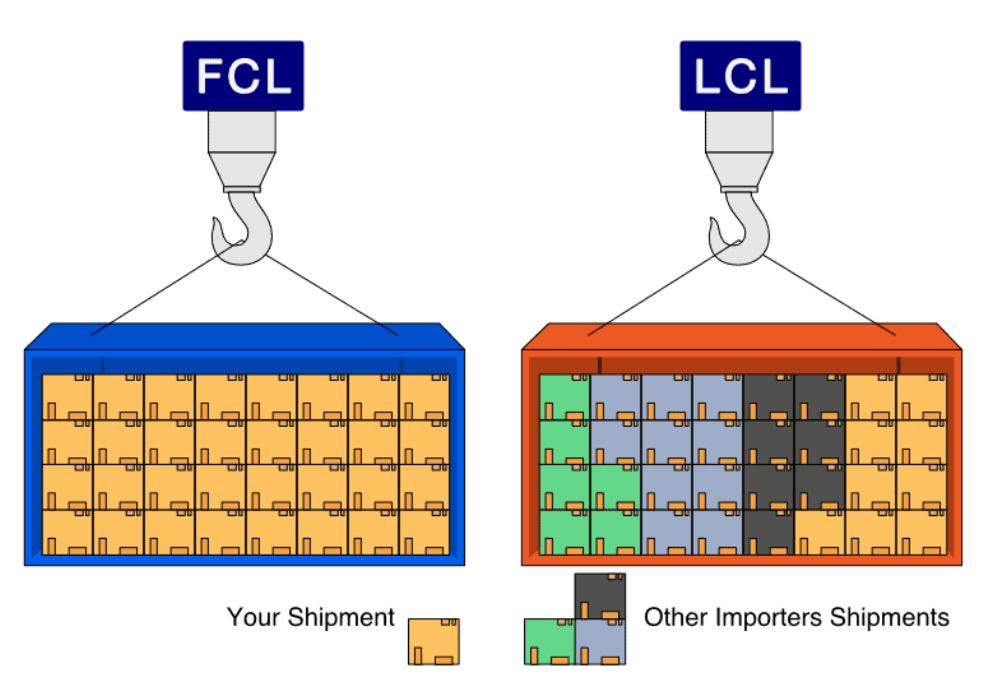
Full Container Load (FCL):
Definition: FCL refers to renting an entire container for your goods, regardless of the quantity, and having it transported to the destination.
Suitable for:
When you have a substantial amount of goods that can fill an entire container, FCL is the way to go.
If you have high requirements for the privacy and security of your goods, FCL ensures that only your interests are in the container.
When you need a quick transportation option, FCL is usually faster than LCL.
Considerations:
You need to factor in the cost of FCL, including renting the container, loading, transportation, customs clearance, and other associated fees.
It's essential to arrange and book the container in advance.
Less than Container Load (LCL):
Definition: LCL involves consolidating multiple shipments from different customers into a single container, with each shipper occupying a portion of the container's space and sharing the transportation costs.
Suitable for:
When your quantity of goods isn't enough to fill an entire container, LCL is the cost-effective option.
If you're budget-conscious and looking to save on shipping costs, LCL is an economical choice.
When your goods don't require a dedicated container and can be shared with goods from other shippers.
Considerations:
Ensure your goods meet the size and weight requirements for LCL shipping.
Familiarize yourself with the routes and schedules for LCL shipping in advance to plan your shipments.
What documents do I need to prepare for sea freight to the ports of Indonesia?
● Bill of Lading
● Packing List
● Commercial Invoice
● Certificate of Origin
● Customs Declaration
● Insurance Certificate
● Any other industry-specific certificates or permits (such as Food Safety Certificates, etc.)
Ensuring that all documents are complete and comply with Indonesian regulations will facilitate smooth shipping operations. Ports Of Indonesia can assist in navigating the necessary documentation for a successful shipment.
Goods Transportation Process to Ports in Indonesia
The goods transportation process to ports in Indonesia involves several steps. Let's provide a brief overview of the process at hand:
1. Packaging and Documentation: The goods need to be appropriately packaged and labeled according to international shipping standards. The necessary documentation, such as invoices, packing lists, and customs declarations, should also be prepared.
2. Inland Transportation: The goods are transported from the origin location to the nearest port by various means, such as trucks, trains, or barges. This step may involve multiple modes of transportation depending on the distance and accessibility of the port.
3. Customs Clearance: Before the goods can be exported, they need to go through customs clearance. This involves submitting the necessary documents to the customs authorities, paying any applicable duties or taxes, and complying with import/export regulations.
4. Port Handling: Once the goods arrive at the port, they go through various handling processes, including unloading, inspection, and sorting. The goods may be stored in warehouses or container yards until they are ready to be loaded onto the ship.
5. Loading onto the Ship: The goods are loaded onto the ship either directly or through intermediate steps, such as containerization. The shipping company or freight forwarder coordinates the loading process and ensures the goods are correctly secured.
6. Sea Freight: The goods are transported by sea to the destination port. The duration of the sea journey depends on the distance and the shipping route. During this time, the shipping company or freight forwarder provides updates on the shipment's status.
7. Port Handling at Destination: Upon arrival at the destination port, the goods go through handling processes similar to those at the origin port, including unloading, inspection, and sorting. Customs clearance procedures may also be required at the destination.
8. Inland Transportation at Destination: Finally, the goods are transported from the destination port to their final destination within Indonesia. This may involve using trucks, trains, or barges, depending on the distance and accessibility of the goal.
It's important to note that the specific details and requirements of the goods transportation process may vary depending on factors such as the type of goods, shipping method, specific port regulations, and the ports of Indonesia. Considering the diverse nature of Indonesia's ports, each with its own unique characteristics and facilities, it is advisable to consult with shipping agents, freight forwarders, or logistics providers who have expertise in navigating the specific ports of Indonesia. They can provide more detailed and accurate information based on your specific needs, ensuring a smooth and efficient transportation process for your goods.
Get quotes for FCL/LCL freight from China.
Shipping from China to Indonesia

The trade relations between China and Indonesia have a broad and deep foundation, with the ports of Indonesia playing a crucial role. The trade ties between the two countries cover various industries and sectors, including but not limited to electronics, textiles, machinery, chemicals, and mineral resources. These goods are transported through the ports of Indonesia, facilitating the smooth trade flow between the two nations. Both parties benefit significantly from their trade exchanges. As one of the world's largest manufacturing hubs, China provides Indonesia with a wide range of goods and finished products. Meanwhile, Indonesia, one of Southeast Asia's largest economies, exports a substantial amount of natural resources, agricultural products, and some finished goods to China.
There are three shipping methods to ship to Indonesia. As an experienced international freight forwarder with over a decade of expertise in the logistics industry, we will guide you through the various shipping options available, including sea freight, air freight, and express services.
1. Sea Freight from China to the ports of Indonesia:
Major Chinese ports, such as Shanghai or Shenzhen, to Indonesian ports like Tanjung Priok.
Sea freight is often the most economical option for transporting large goods. Full Container Load (FCL) or Less than Container Load (LCL) options are available in shipping to ports of Indonesia. FCL Rough range: USD 150 to USD 900 per container, depending on the shipping route and services. LCL Rough range: USD 20 to USD 100 per cubic meter, depending on the shipping route and services.
Sea freight is recommended for businesses with flexible delivery timelines, large shipments, and those seeking cost-effective solutions.
2. Air Freight from China to Indonesia:
Main Chinese airports (e.g., Beijing Capital International Airport, Guangzhou Baiyun International Airport) to Indonesian airports (e.g., Soekarno-Hatta International Airport).
Air freight is ideal for time-sensitive shipments, high-value goods, and businesses requiring quick turnaround times. Rough range: USD 1.5 to USD 5 per kilogram.
3. Express Services from China to Indonesia:
Door-to-door service from Chinese suppliers to Indonesian recipients.
Express services are perfect for small businesses, e-commerce ventures, and individuals requiring fast and efficient shipping. Rough range: USD 2 to USD 8 per kilogram.
Get quotes for free freight from China.
FAQ
What is the typical duration for shipping a container to the ports of Indonesia?
From China to major Indonesian ports like Jakarta or Surabaya, it can take around 7 to 14 days for FCL (Full Container Load) shipments and around 10 to 21 days for LCL (Less than Container Load) shipments.
Do I need to pay import duties or taxes when shipping to Indonesia?
Importing to Indonesia may require payment of import duties or taxes. You can consult with JIKE; we will have experts available to provide you with relevant information on DDU/DDP shipping to Indonesia.
Related Articles
View all articles![Shipping to Indonesia | Guide[2023]](/static/upload/image/20230630/1688129037728786.png)
Shipping to Indonesia | Guide[2023]
This country guide will provide you with all the details related to shipping from China to Indonesia: timelines, processes, customs duties and taxes, and more.
23 June 2023
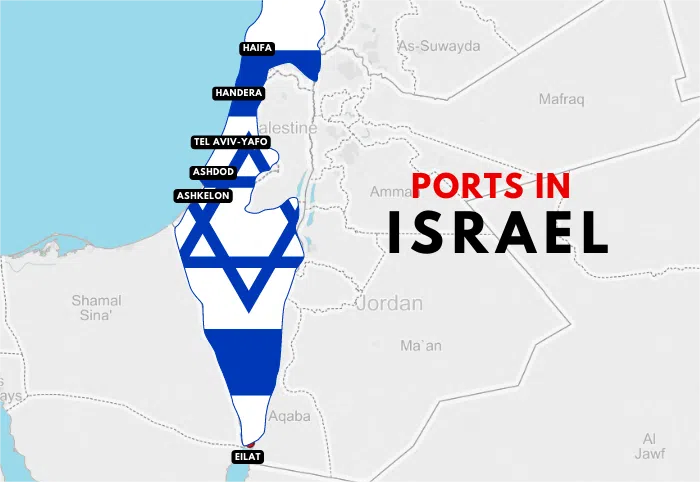
Explore the Vital Sea Ports in Israel | Freight Shipping to Israel
Explore the significance of sea ports in Israel, essential gateways connecting global trade routes. Discover the gateway to efficient, reliable shipping with our guide.
22 December 2023
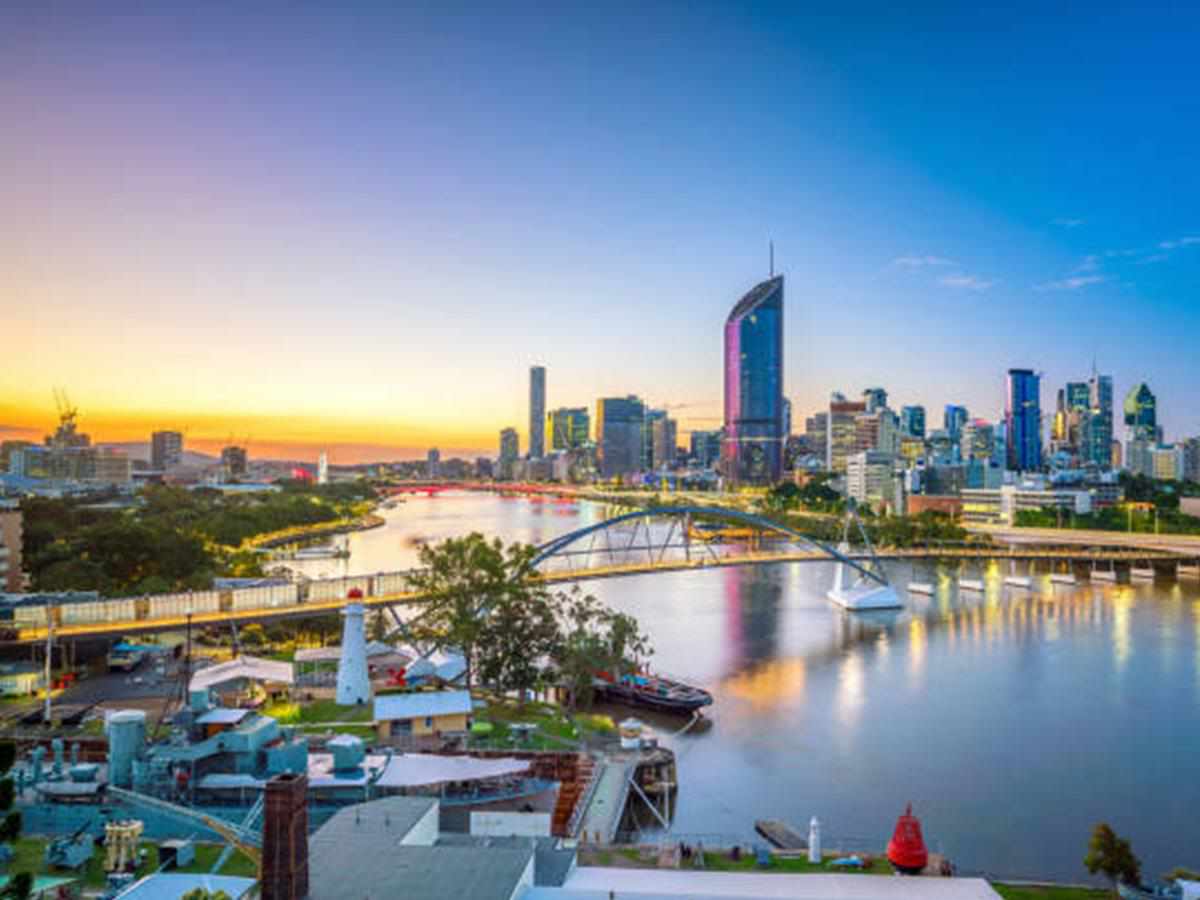
Top 10 Freight Forwarders In Brisbane - 2024 List
We have carefully selected the top 10 freight forwarders in Brisbane, and you will find a freight forwarding company that can meet all your business standards.
22 December 2023




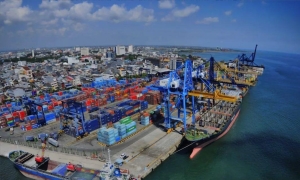

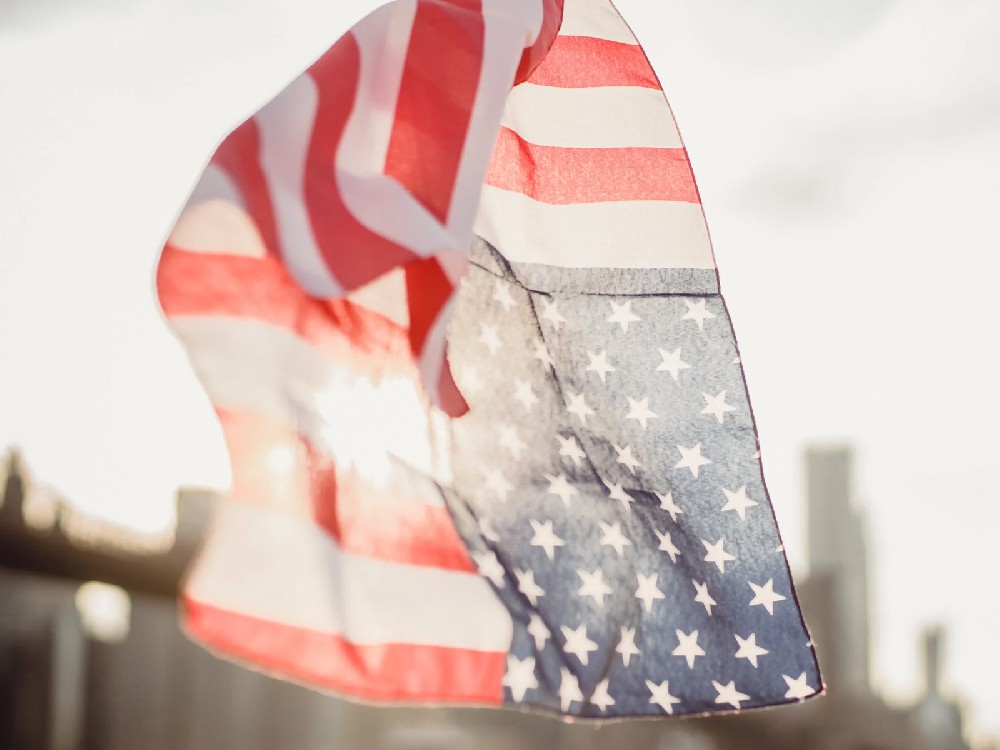
Consult Our Experts